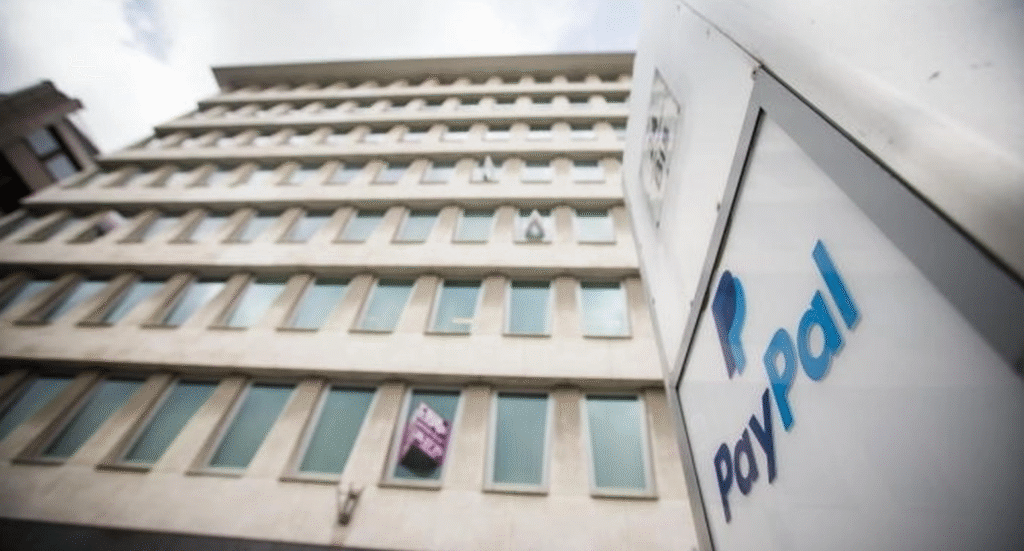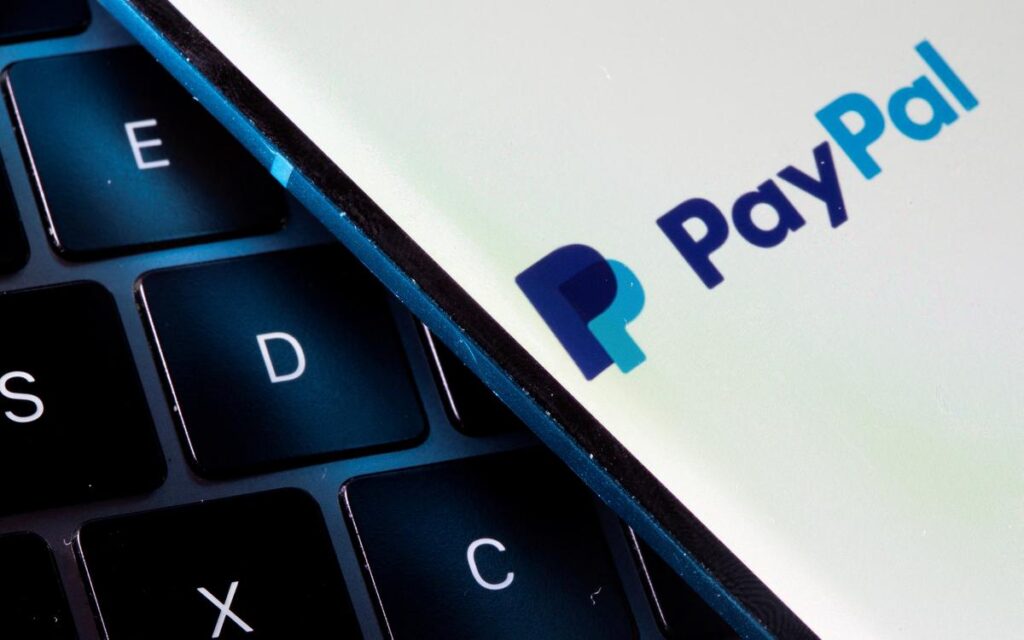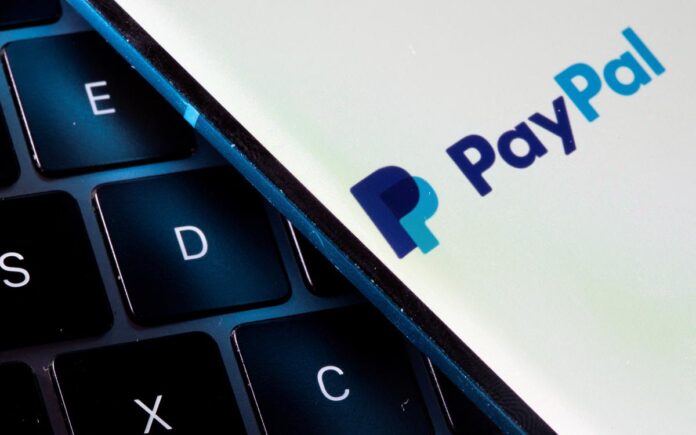European Banks PayPal Fraud Raises Alarming Concerns
European banks PayPal fraud has triggered massive disruption across the financial sector, after unauthorized direct debits worth billions of euros slipped past PayPal’s security system. The German Savings Banks Association (DSGV) confirmed that suspicious transactions were detected in high volumes, forcing banks to block payments to protect customer accounts.
According to German media reports, the fraud scheme briefly overwhelmed PayPal’s defenses, resulting in one of the most widespread payment disruptions in Europe in recent years. The financial hit is estimated at around €10 billion, making it a scandal that has both regulators and banks on edge.

How the European Banks PayPal Fraud Unfolded
The trouble began when lenders across Germany noticed a sudden spike in unusual transactions linked to PayPal. Millions of unauthorized direct debits were flagged, suggesting that cybercriminals had exploited weaknesses in PayPal’s filtering system.
By Monday, banks were forced to pause payments entirely to prevent further damage. The DSGV quickly confirmed the breach, noting that “unauthorized direct debits initiated by PayPal” had targeted numerous credit institutions across Europe.
This large-scale incident highlights the vulnerabilities of online payment systems, even those as globally established as PayPal.
PayPal’s Response to the Fraud
PayPal admitted that a “temporary service interruption” was behind the chaos, though it stopped short of labeling the issue a cyberattack. The company explained that its systems failed to properly screen certain transactions from banking partners, allowing fraudulent requests to slip through alongside legitimate payments.
A PayPal spokesperson told Reuters:
“We quickly identified the cause and are working closely with our banking partners to ensure that all accounts have been updated.”
The company added that normal payment processing had resumed and assured users that the problem had been resolved.
Billions in Transactions Blocked
Reports from Sueddeutsche Zeitung estimated that fraudulent transactions amounted to nearly €10 billion. While many payments were successfully blocked before funds were stolen, the sheer scale of the attempt sent shockwaves through the European banking industry.
For financial institutions, the cost went beyond money. The reputational damage and shaken consumer trust present a long-term challenge.
Why Did PayPal’s Security Fail?
PayPal has built its reputation on security measures designed to detect and block scams. Normally, its system is meant to filter out fake direct debits, often set up by criminals who trick people into handing over account details through phishing calls or emails.
But on Monday, the filters failed. Fraudulent and legitimate transactions were processed together, overwhelming banks and forcing emergency measures.
Cybersecurity experts warn that this type of failure demonstrates how even sophisticated systems can break down under targeted attacks or unexpected technical glitches.
Impact on European Banking Sector
The European banks PayPal fraud case is being described as one of the most significant disruptions in recent years. According to the DSGV, the issue affected banks across Germany and other European countries, forcing a pause in routine payment transactions.
Supervisory authorities have been informed, and regulators are expected to review whether stricter oversight of PayPal and similar payment providers is needed.
Shares of PayPal fell nearly 2% in the days following the incident, reflecting investor concerns about the company’s ability to safeguard against fraud at scale.

Cybercrime on the Rise in Europe
This latest scandal fits a broader pattern. Cybercrime targeting banks and payment services is rising sharply across Europe. Criminals have shifted from old-fashioned bank robberies to sophisticated digital schemes involving phishing, fake debit requests, and malware.
The European Union’s law enforcement agency Europol has repeatedly warned that financial institutions remain prime targets, especially as online payments continue to grow in popularity.
The European banks PayPal fraud case reinforces that no system is immune and that both customers and banks must remain vigilant.
Lessons for Consumers
For everyday PayPal users, the incident is a reminder of how important it is to stay alert. While PayPal and banks typically reimburse customers affected by fraud, prevention is always better than cure.
- Never share your banking details or passwords with callers or email senders claiming to be from a bank.
- Regularly review your PayPal and bank statements for unusual activity.
- Enable two-factor authentication on all financial accounts.
- Report suspicious emails or calls to your bank immediately.
By following these steps, customers can add an extra layer of protection against fraud attempts.
Conclusion: Will Trust in PayPal Recover?
The European banks PayPal fraud has shaken confidence in one of the world’s most trusted digital payment services. While PayPal insists the issue has been fixed, questions remain about how such a massive failure occurred in the first place.
For banks, regulators, and consumers, this incident is a warning: the fight against cybercrime is far from over. And for PayPal, rebuilding trust in the wake of billions in blocked payments will not be an easy task.

